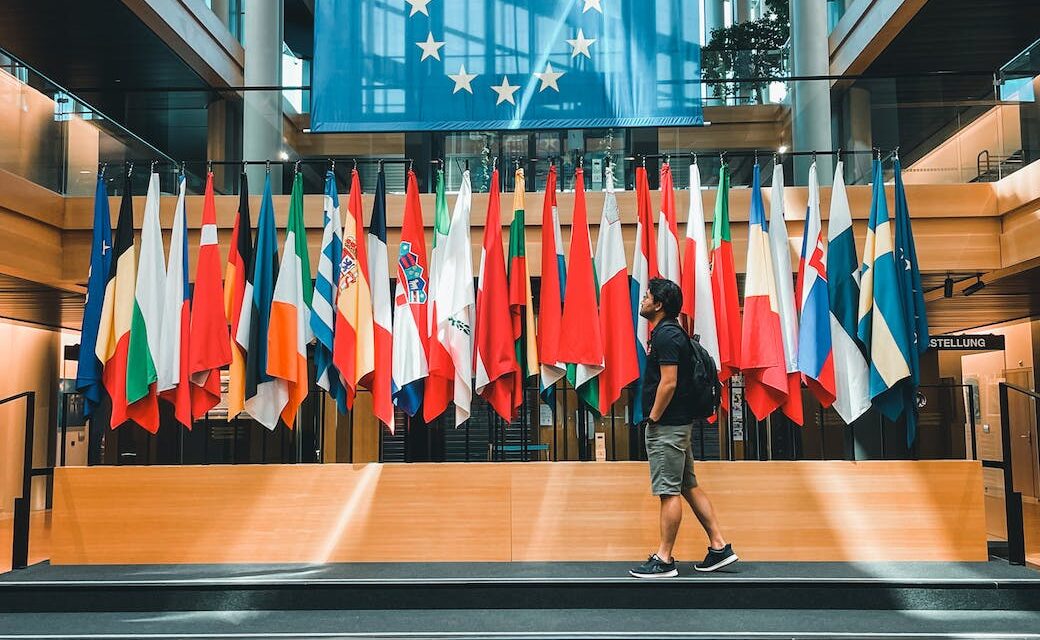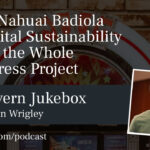tl;dr
The Open Web Alliance is a formalization of the more loose Inter-CMS Working Group that recently scored a huge regulatory win by changing the language in the EU’s Cyber Resilience Act. Moving forward, the organization hopes to promote open-source projects and the cause of the open web to legislators around the world.
The regulatory landscape that the WordPress community finds itself in today is vastly different from where we’ve been. Governments are accelerating their regulatory oversight of technology and introducing new legislation regularly to try and catch up with the pace of innovation.
In Europe recently we’ve seen two landmark pieces of legislation, the Digital Markets Act (DMA) and the proposed Cyber Resilience Act (CRA). While both have created news in technology circles it is the CRA that has been of particular concern to the WordPress community and other open-source projects.
In an open letter to EU legislators in July 2023, the leaders of WordPress, Drupal, Joomla, and TYPO3 highlighted the risks to open-source and began a collaborative effort called the Inter-CMS Working Group to bring about significant change to the wording proposed in the CRA.
The Impact of Collaborative Advocacy
In early December, after several months of dialogue, investigation and negotiation, the EU parliament released an updated draft of the legislation that looks to have resolved many of the primary concerns raised by open-source communities. The revised Act makes a concerted effort to ensure that the regulations are practical and do not hinder the collaborative spirit or the operational models that open-source projects rely on.
Building upon the foundation laid by the collaborative efforts to amend the CRA, the four open-source communities representing the Inter-CMS Working Group recently established the Open Web Alliance marking a significant evolution in the advocacy and collaboration landscape for open-source communities.
This Alliance, now formalized with a charter, represents a collective commitment to furthering the education about and advocacy of open-source benefits and principles. Its creation is a direct result of the successful negotiation and dialogue with EU legislators, highlighting the power of unified action in the open-source world.









